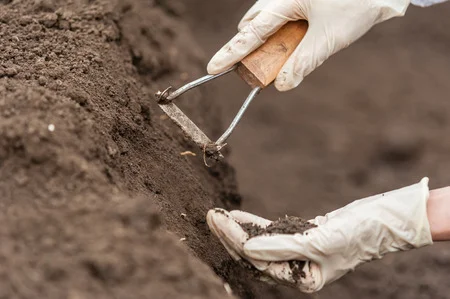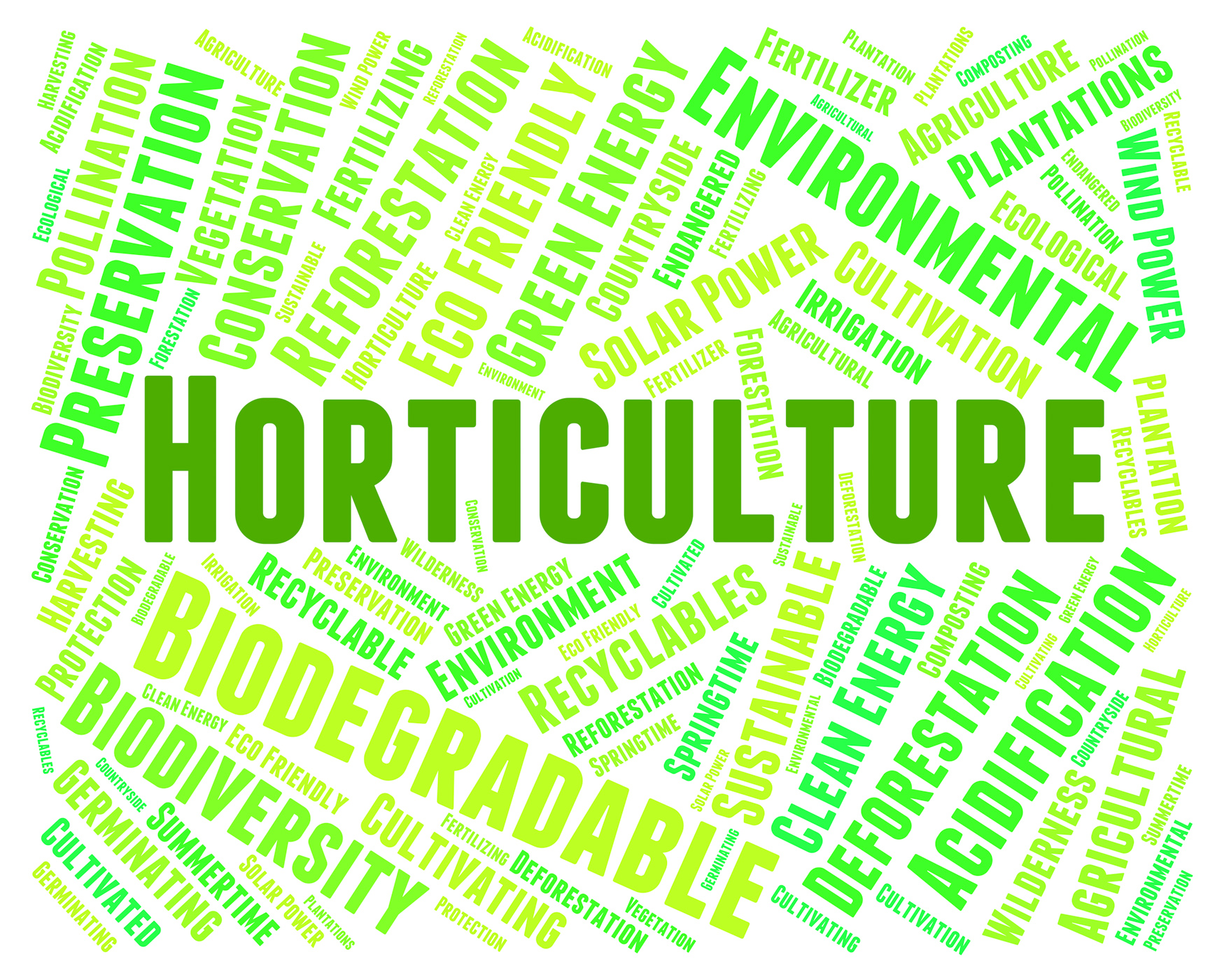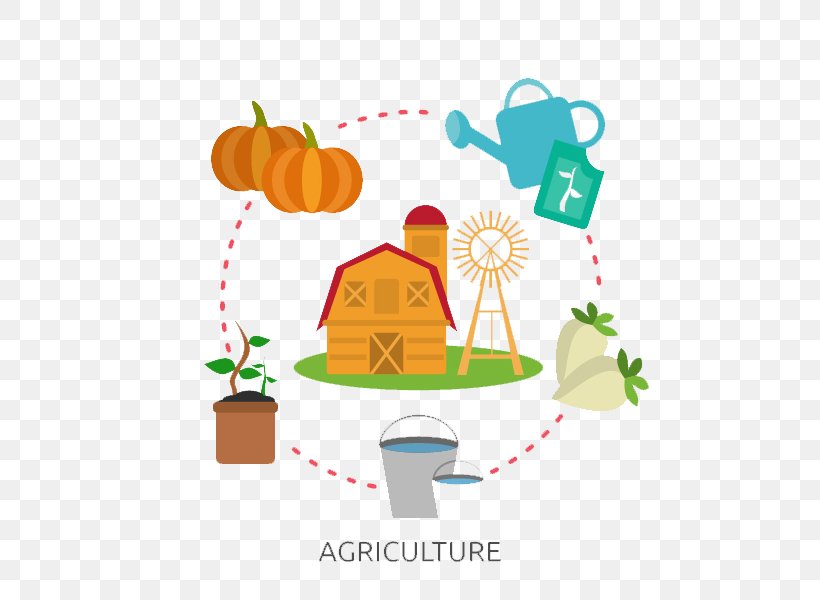Mon-Sat 9am-7pm





In the agronomist role, you will collaborate with farmers and crop researchers to conduct a detailed analysis of crop data. You will be expected to maintain a deep understanding of soil productivity principles and keep tabs on the latest trends and technologies in agronomy. Success in this role will be determined by providing valuable insights that lead to solutions that drive higher crop yields.
Agronomists are scientists who specialize in crop production, soil control, and soil management. They try to find ways to maximize crop production from a given acreage of soil. They also perform experiments to determine and then maximize plant nutrients and soil health.
| B.Sc. (Agronomy)/ B.Sc. Agriculture (Specialization in Agronomy)/ B.Sc. (Hons) in Agriculture | |
|---|---|
| Level | Under-Graduate |
| Duration | 4 years (8 Semesters) |
| Eligibility | 10+2 in Science with Physics, Chemistry, Biology and Mathematics or Equivalent |
| Entrance Exam | Some institutions give admissions based on merit/University-level entrance exams, other institutions conduct their own entrance tests. |
| Specialization | -- |
| Average Course Fee | 7,000 to ?3,50,000 |
| Mode | Regular |
| Goal | Agronomy Officer, Corporate Agronomist, Rice Breeder etc. |
| M.Sc. (Agronomy)/M.Sc. in Agriculture (Agronomy) | |
|---|---|
| Level | Post-Graduate |
| Duration | 2 years |
| Eligibility | B.Sc. (Agronomy) B.Sc. Agri./B.Sc. Forestry/B.Sc. Horticulture/B.Sc. with CBZ (Chemistry. Botany, Zoology) or Equivalent |
| Entrance Exam | Some institutions give admissions based on merit/University-level entrance exams, other institutions conduct their own entrance tests. |
| Specialization | Horticulture, Soil Science, Food Technology, Post-Harvest, Entomology |
| Average Course Fee | 3,000 to ?1,50,000 |
Average salary for a Agronomist in India is 3.8 Lakhs per year (?31.7k per month). Salary estimates are based on 843 latest salaries received from various Agronomists across industries.
1. Pro- You are part of something that is global Agriculture is not just something in your backyard or even your state. Agriculture is nationwide and worldwide. Many countries have agricultural commodities as their #1 export and method of income.
There are many people who are sitting behind a desk at a job they never really wanted. They went to college and got a degree, but end up not working in that field. Through agriculture, there are a variety of degrees, two-year all the way to PhDs. Whether you went to school or not, once you finished, you went into a career that was your choice and you are passionate about. Not many people can say that about where they work.
You might have grown up on a farm doing farm chores. You know, milking the cows, feeding the chickens, cleaning horse stalls, helping harvest crops. But, even if you didn’t, somewhere along the way you got into agriculture and it wasn’t an easy ride. You have to work for what you want. No one is going to hand you a field that already has all the crops planted and is ready to harvest. You're going to have to work, and through that you learn the value of hard work, which to some people is one of the best gifts you can receive.
1 in 6 people in America face hunger. That’s a lot of people. That’s just in America. There are some countries whose ratios are even higher. This is not acceptable. As agriculturalists, it is our duty to help stop world hunger, and there are many people out there who give food to the less fortunate because they can’t afford it. The student organization FFA plays a huge role in helping provide food for people in America who otherwise would go hungry. Farmers, scientists, students, corporations and celebrities are coming together to stop world hunger, and if you're in agriculture, then you are helping to stop this too.
The quote that goes around is “Where would you be without agriculture?” The response: “Naked and Hungry.” While this is a witty answer to an obvious question, the answer is true. You may not realize it, but agriculture plays a huge role in our everyday life. Not just from the food we eat, but to the clothes we wear, what our houses are made out of, the paper we write on, the way our economy grows and how it affects supermarkets. You can’t turn around without seeing some way agriculture is involved. It's impossible. So, when you are involved with ag and you hear someone say, “why do we have agriculture,” you can respond with the numerous products that you helped create.
There are many pages on Facebook and Instagram that are involved in agriculture, with thousands of people that visit it every day. Even if you took technology out of the way, there are so many associations in each state that involve the producers of a certain commodity and it brings them together. Student organizations like FFA and 4-H bring hundreds of thousands of students together every year that hold the same passion for agriculture and knowing that you have that many people (it might be statewide, county wide or nationwide), you do not stand alone on your path with ag.
Many people who see people involved in agriculture ask, “What is your full time job,” as if spending hours a day providing food for the world is not a full time job. You might be a farmer, you might be a vet, you might be a teacher, you might be a researcher or one of the other many jobs with agriculture. Any way working in agriculture has changed your life
:While without agriculture everyone would be naked and hungry, no one realizes what a huge role ag plays in the world. Other than the house you live in and food you eat, agriculture influences the economy a lot. Many countries depend on ag as their major source of income, so if all farmers and agriculturalists from everywhere for some reason disappeared, not many people would survive. Why? Consumers rely so much on ag without even knowing it.
There are countless web pages, articles, clubs, and groups on facebook that are out to destroy the agriculture industry. Again, not everyone realizes what would happen if that happened. One activist group that comes to mind is PETA. PETA has very good values behind them; against the cruel treatment of animals, which is a noble cause, but when they accuse farmers of abusing animals and being cruel to them, that's where I draw the line. Yes, there are some cruel farmers out there, but there is no mean to incriminate all farmers as abusers. Along with PETA saying how FFA is a terrible organization, they are discouraging anyone who is contemplating joining the organization, essentially disrupting the development of the future of agriculture.
“Non-GMO, antibiotic free, etc.” These labels are most likely used to promote sales rather than actually promoting facts. Health addicts that see a gallon of milk are willing to spend a large difference rather than buying one without the label. The truth though, you can’t sell milk with antibiotics. It’s illegal. But, many family farms don’t label their products like large-scale farms do, because the families don’t believe in promoting information that should already be known to the consumer.
While a career in agriculture is very important for the way of human life, many agriculturalists are looked down on for career choices. In high school, if you choose to take ag classes rather than another CTE or taking another academic, then people assume, “Oh, you want to be a farmer, so you're not going to go to college.” While not going to college and getting a four-year degree is totally fine and I would support you all the way, there are numerous degrees in agriculture at any level or any aspect you want to look at. So, just because you focus on ag in high school or college, doesn’t make you any less smart or successful than anyone with a PhD or other degree.

Here's how harvest is used on agronomist resumes:
Here's how field testing is used on agronomist resumes:
Technical support or tech support are the services provided by any hardware or software company to users. They help in solving the technical difficulties the customers face with their products or services. Moreover, the tech support employees maintain, manage, and repair the IT faults. They are also responsible for resolving the network problems, installing and configuring hardware and software.
Here's how technical support is used on agronomist resumes:
Here's how agronomy is used on agronomist resumes:
Here's how powerpoint is used on agronomist resumes:
Here's how ag is used on agronomist resumes:
Call us at +91 9205084085, Monday - Friday, 9 am - 7 pm


